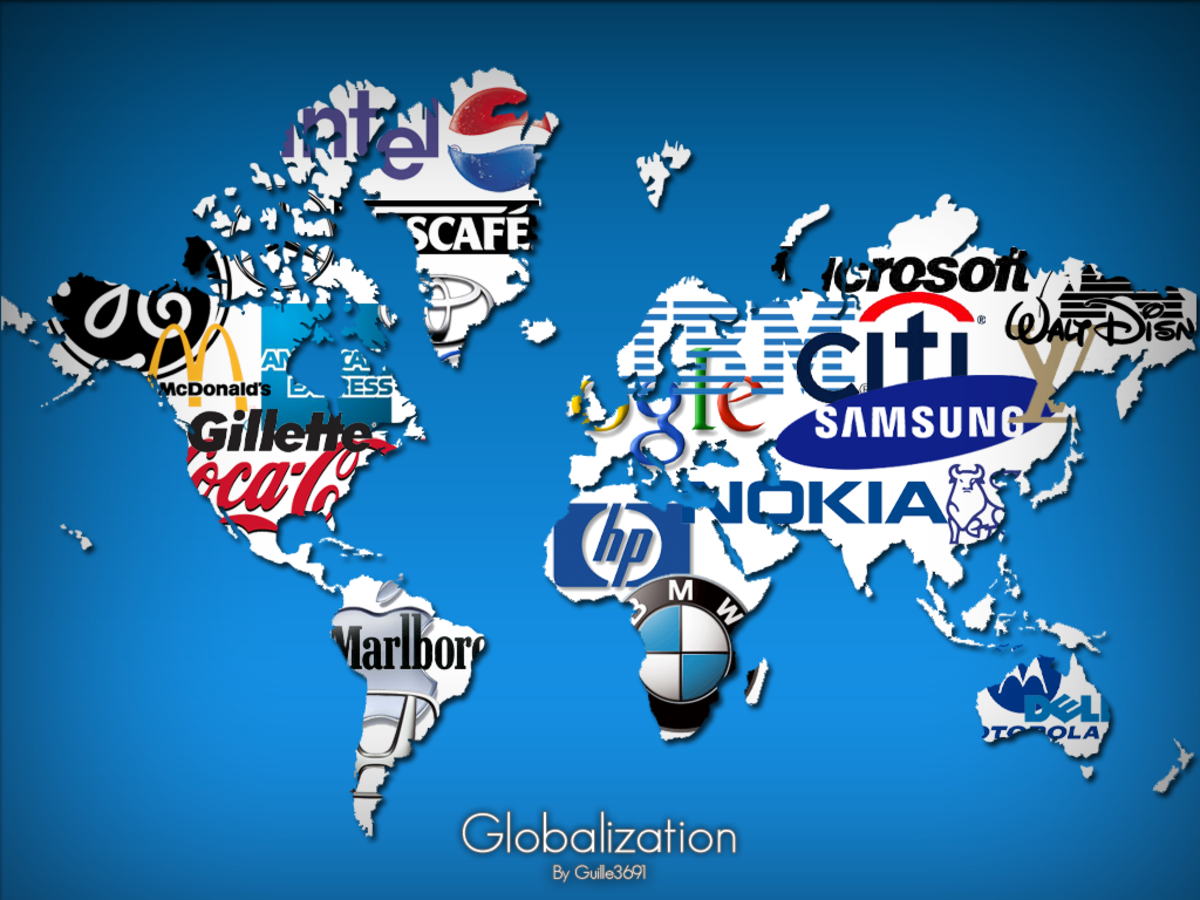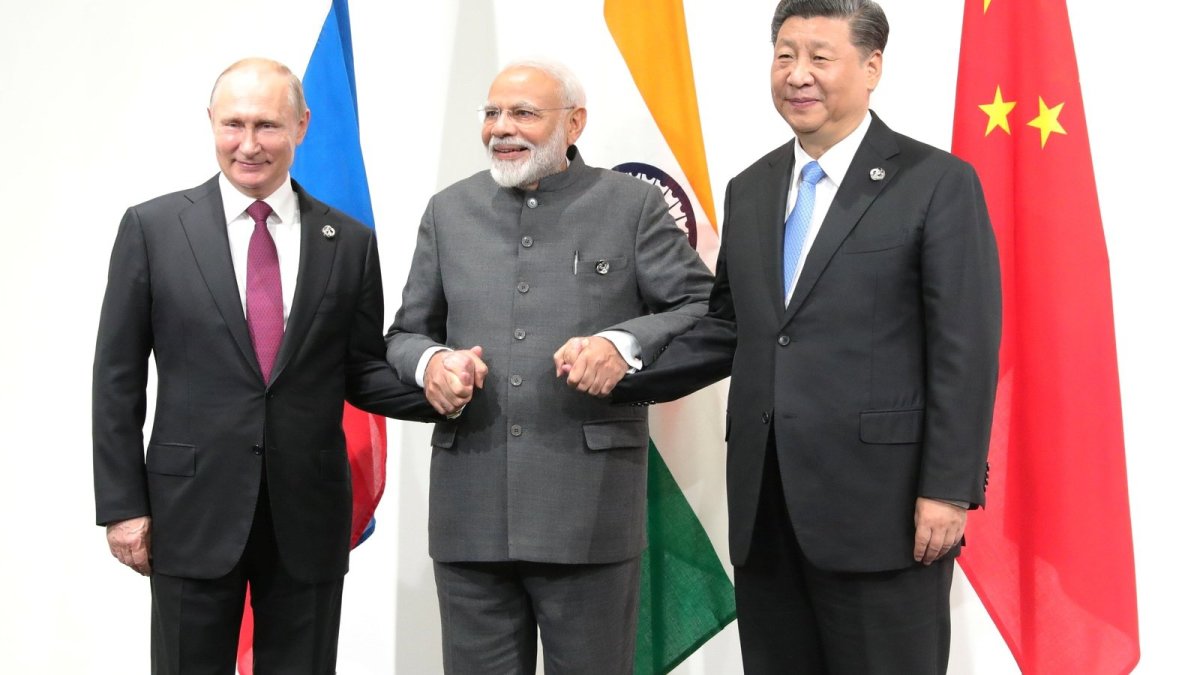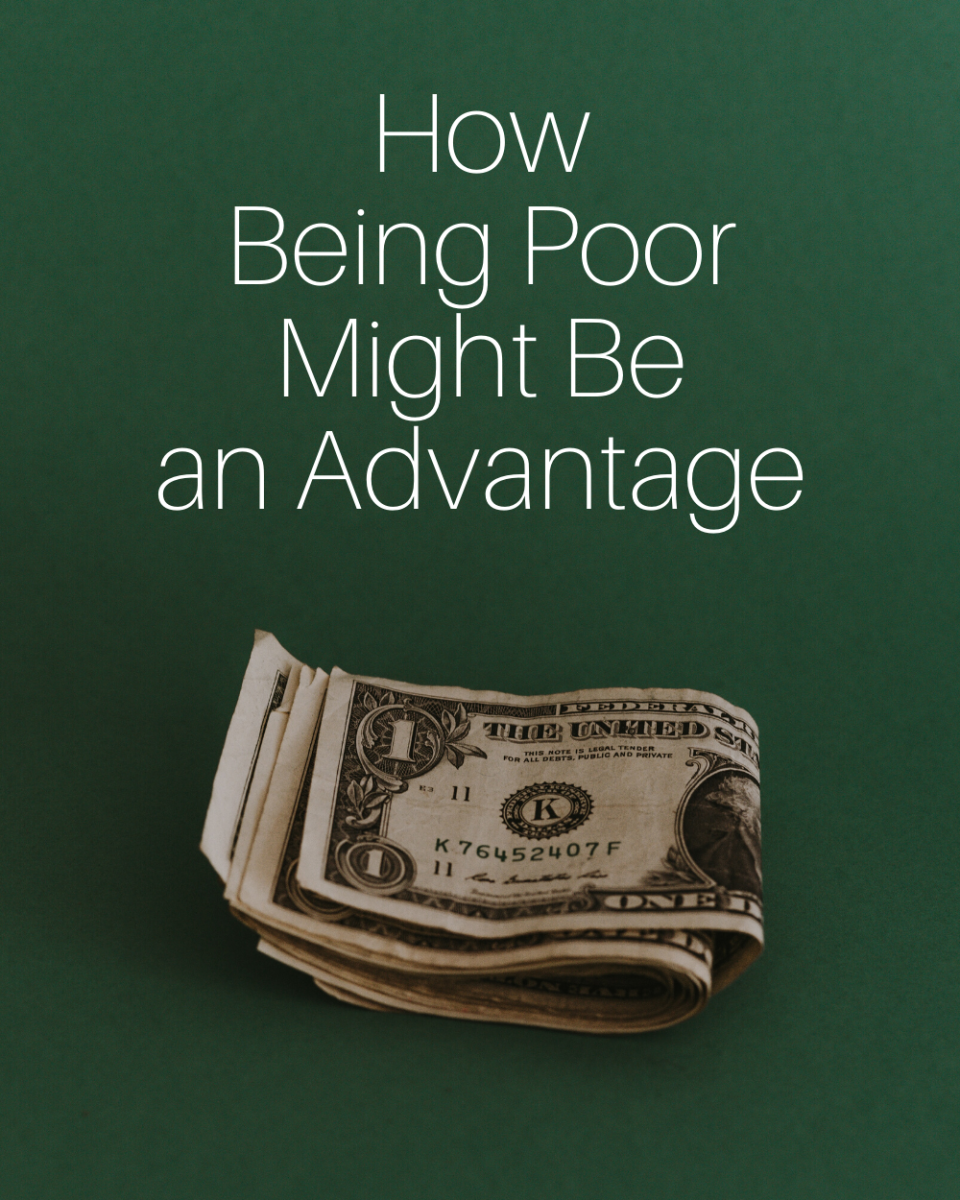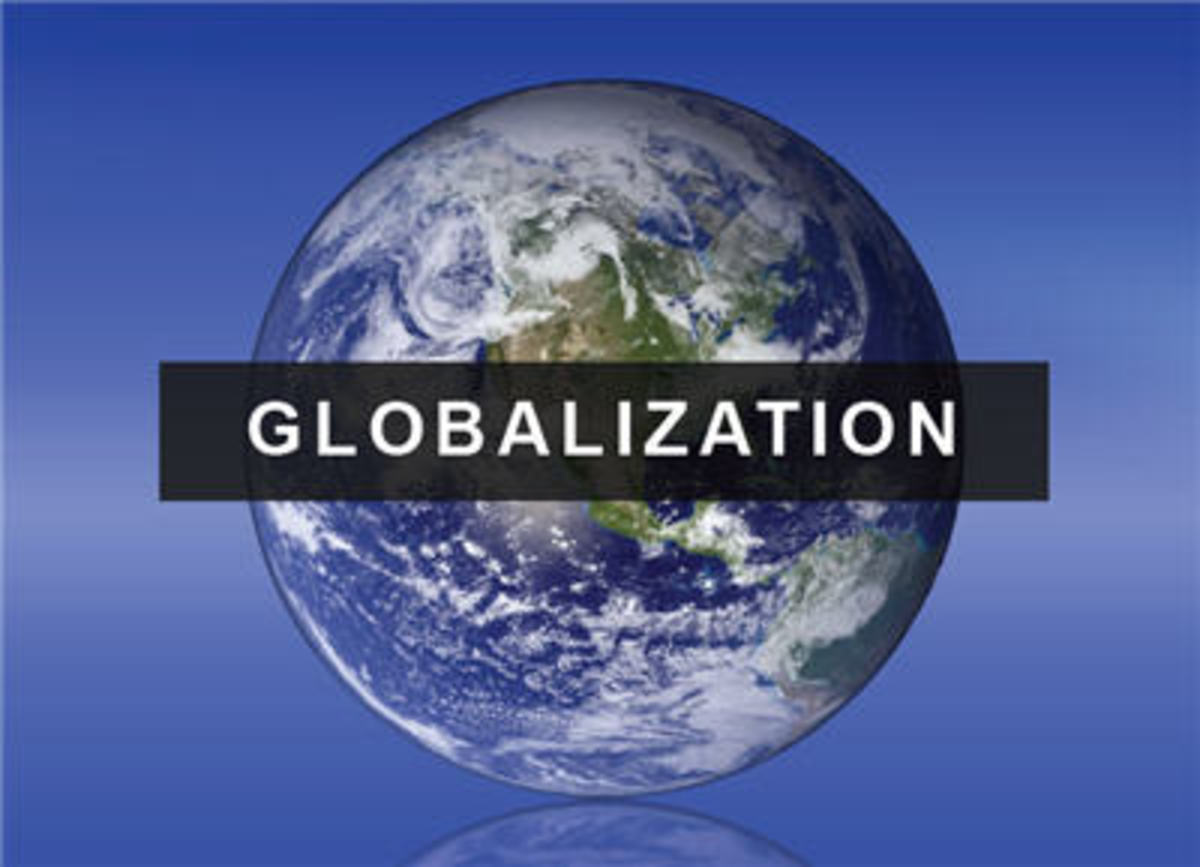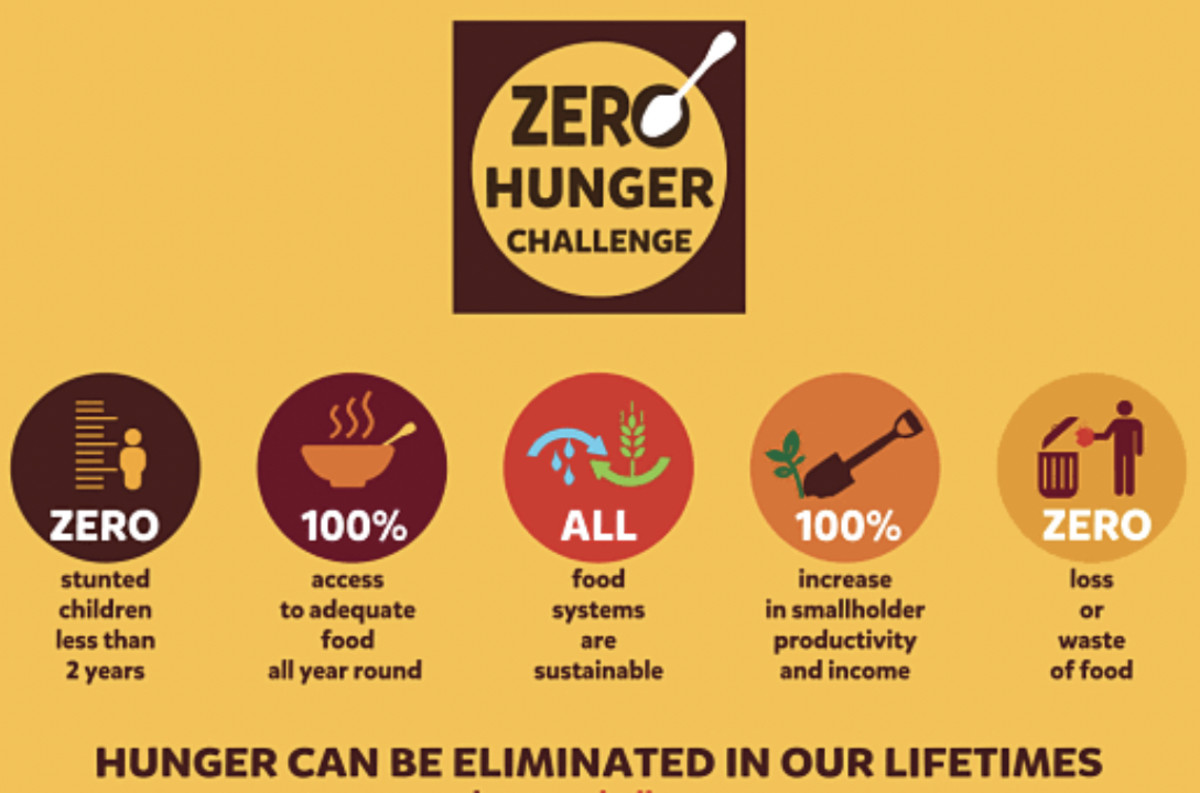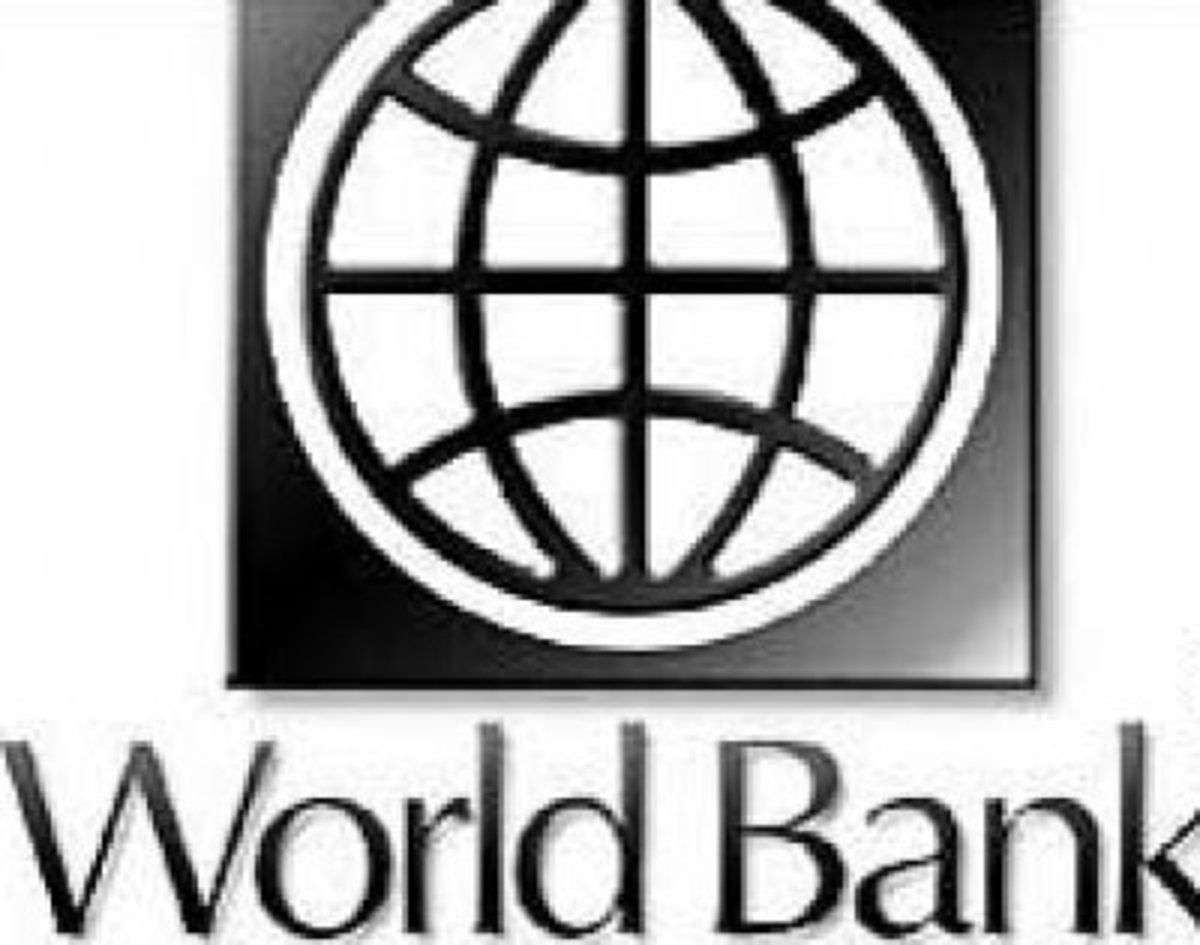Globalization Effects On Poverty
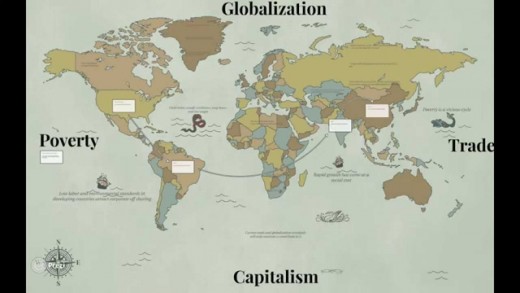
Globalization can have a positive and negative affect on society. With widespread poverty being a problem throughout different countries, some say that globalization can fix this problem, while others believe it only makes it worse. Poverty is affected by globalization on many different levels, such as trading with different countries or making foreign investments. Some have observed a growth in wealth among the poor while others have observed globalization only making the rich wealthier. Business may or may not help those in poverty.

There are many aspects of business and they greatly affect the people in society. Some people say that foreign investments have helped reduce poverty in certain countries such as India and Poland (Nesvisky). Countries also trade with each other which can have an impact on those who aren’t very wealthy. If there is competition involved with trading, this could negatively affect the poor because they might not see any gains since trading might not produce as much money. On the other hand, if trading is going well they might see some gains that could benefit them. An example of trade benefiting those in poverty was years ago in Vietnam when there used to be a quota on rice. Once this quota was lifted, the rice farmers prospered greatly because they were able to export as much as they wanted. This in turn increased the price and demand for rice so they benefited greatly from trade and were no longer poor (Pavcnik). Unfortunately, trade doesn’t always help those that are poor in certain countries. The money never trickles down to them because in order for trade to spread gains amongst the poor, the economy has to be stable. If the economy is unstable, then trading isn’t going to be enough as it won’t create adequate cash flow to actually reach those in poverty (Pavcnik).

There is the question of whether or not businesses should be concerned with the poor at all. Many have said that businesses create wealth in communities and could help those that aren’t wealthy, however there are also studies that show that the opposite actually happens. It’s been said that free market businesses have actually helped society and eradicated poverty (Blowfield). The decision to care about poverty in businesses is called social responsibility. When a company decides to act socially responsible, it has a positive impact on the community. Companies aren’t required by law to help the poor, they themselves have to decide if they want to be socially responsible or not towards those in poverty. An example of a company not being socially responsible would be oil companies that are taking away rights from those living on property where there is oil (Blowfield). They can make them legally leave their property, which can cause hardships to those people. On the other hand, if a lot of the products that are needed in your country are imported, such as oil, this will definitely negatively affect those in poverty because people cannot afford it and therefore won’t be buying their products (Pavcnik). These are just a few ways that globalization affects the poor people of different countries.
Globalization has many benefits, but it does not always help everyone. Underdeveloped countries and those in economic trouble have shown that globalization can’t always help those in poverty. There are some instances where trade and foreign investments end in money trickling down to the lower class citizens and lift them out of their poverty. High amounts of imports can hinder the exporting of goods that would produce money for farmers and other agricultural workers that have no other way to make money. These are just a few examples of how globalization can either hurt or help the poor people of certain countries.
References
Blowfield, Michael. "Globalization and Poverty." Business Strategy Review 18.4 (2007): 35-38. EBSCOhost. Web. 13 Nov. 2016.
Nesvisky, Matt. "Globalization and Poverty." Globalization and Poverty. The National Bureau of Economic Research, n.d. Web. 13 Nov. 2016.
Pavcnik, Nina. "How Has Globalization Benefited the Poor?" Yale School of Management. N.p., 20 Sept. 2016. Web. 15 Nov. 2016.

